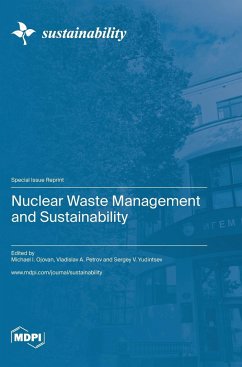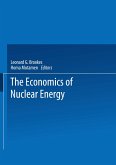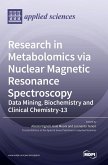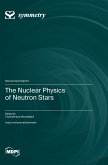The effective management of nuclear waste is crucial to ensure the safe sustainable usage of nuclear energy in power generation, and numerous applications in medicine, industry, agriculture, and scientific research. Nuclear waste generated in these applications must be treated and conditioned for safe handling, transportation, storage, and ultimate disposal. Nuclear waste should be disposed of aiming for the permanent protection of hazardous radioactive materials from humans and the biosphere. Both processing and disposal activities of the waste encompass the utilisation of advanced technologies and materials aiming to ensure the reliability of the waste's long-term isolation. Cements, geopolymers, glasses, glass composite materials, ceramics, and metals are the materials analysed for expected performance in the envisaged disposal environment. Natural analogue systems and materials proven for their long-term stability and durability are investigated to ensure confidence in the multi-scale approaches currently used to predict the behaviour of waste disposal systems on geological timescales. This reprint provides analysis of nuclear waste management systems and activities being practiced aiming to provide a sustainable utilisation of nuclear energy. It is focused on the assessment of technological aspects of processing and disposal systems, materials performance in the storage facilities and disposal environment, and analysis of natural analogues to provide environmentally safe and sustainable employment and development of nuclear applications.
Hinweis: Dieser Artikel kann nur an eine deutsche Lieferadresse ausgeliefert werden.
Hinweis: Dieser Artikel kann nur an eine deutsche Lieferadresse ausgeliefert werden.








